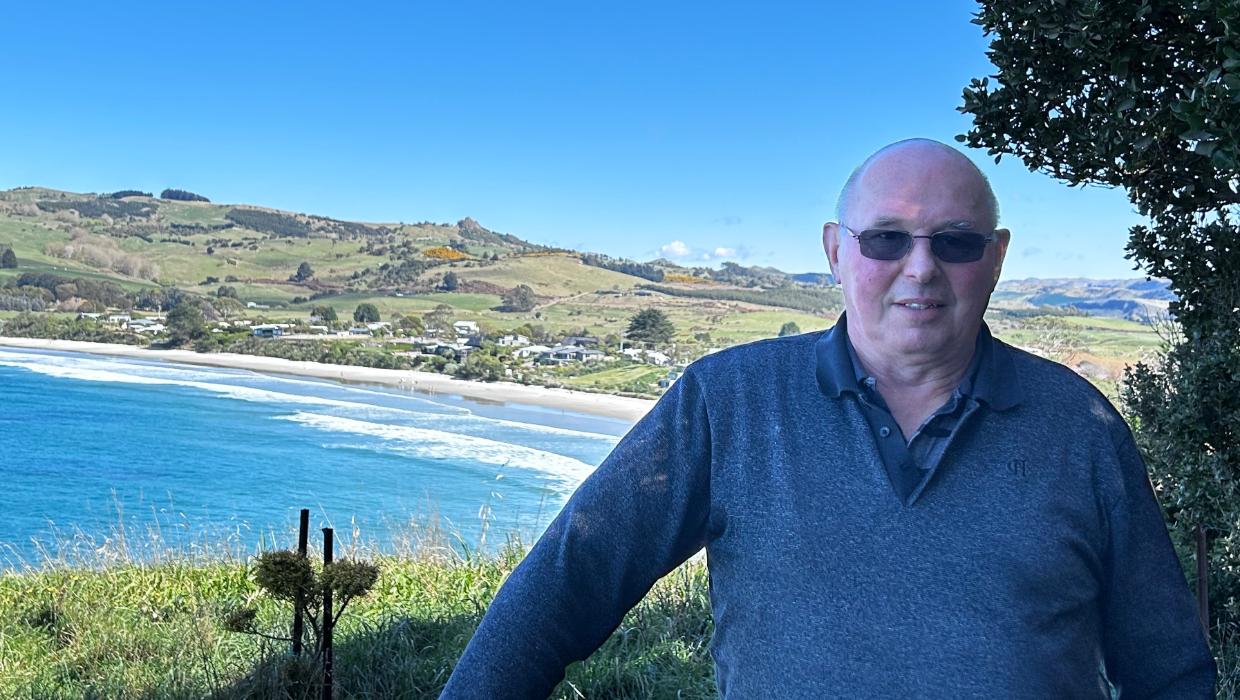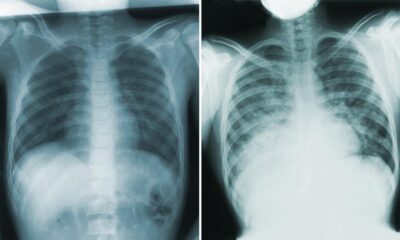Lifestyle
Former Ambulance Officer Reflects on Tragic Plane Crash Memory

Ray Anderson, a former ambulance officer and current member of the NZ Association of Ambulance Veterans, shares a haunting memory from his past: witnessing a plane crash that left a lasting imprint on his life. The incident, which occurred in 1979, not only shaped his career but also his perspective on emergency response.
On a seemingly ordinary day, Anderson found himself on the scene of a tragic aviation accident, where a small aircraft fell from the sky near Christchurch, New Zealand. The immediate chaos and devastation unfolded before his eyes, forever altering his understanding of life and death. “I remember everything about that day,” Anderson reflects. “The sounds, the sights, and the emotions were overwhelming.”
As a member of the NZ Association, Anderson now dedicates his time to supporting retired and former ambulance officers, highlighting the importance of mental health within emergency services. The association provides welfare services aimed at helping these individuals cope with the psychological toll of their work, which often includes exposure to traumatic incidents.
Impact of Trauma on Emergency Responders
The experience of witnessing such tragedies can have profound effects on emergency responders. Anderson explains that many of his colleagues have faced similar struggles after encountering life-threatening situations. “We often talk about what we saw, but it’s not just the physical scars that remain; it’s the emotional ones that can be harder to heal,” he says.
In recent years, the NZ Association has expanded its outreach efforts, focusing on mental health resources and peer support programs. The goal is to create an environment where former ambulance officers can openly discuss their experiences without fear of stigma. “It’s crucial that we support each other,” Anderson adds. “The work we do is vital, but it comes at a cost.”
The association’s initiatives have garnered attention and support from various sectors, emphasizing the need for mental health awareness in high-stress professions. According to a report by Safe Work Australia, emergency responders are at a higher risk of developing post-traumatic stress disorder (PTSD) compared to the general population. This data underscores the importance of mental health support for those who serve on the frontlines.
Looking Forward
Reflecting on his experiences, Anderson remains optimistic about the future of mental health resources for emergency workers. He believes that increased awareness and support will lead to better outcomes for those who have devoted their lives to saving others. “We must continue to advocate for our own mental well-being,” he asserts.
As Anderson shares his story, he hopes to inspire others in the field to seek help when needed. “It’s okay not to be okay,” he emphasizes. “What matters is that we take steps to heal and support one another.”
The NZ Association of Ambulance Veterans continues to be a beacon of support for former ambulance officers, ensuring that their sacrifices do not go unnoticed. Through their efforts, Anderson and his colleagues aim to create a culture where mental health is prioritized, paving the way for a more resilient and supportive community within emergency services.
-

 Sports2 months ago
Sports2 months agoNetball New Zealand Stands Down Dame Noeline Taurua for Series
-

 Entertainment2 months ago
Entertainment2 months agoTributes Pour In for Lachlan Rofe, Reality Star, Dead at 47
-

 Entertainment1 month ago
Entertainment1 month agoNew ‘Maverick’ Chaser Joins Beat the Chasers Season Finale
-

 Sports2 weeks ago
Sports2 weeks agoEli Katoa Rushed to Hospital After Sideline Incident During Match
-

 Sports2 months ago
Sports2 months agoSilver Ferns Legend Laura Langman Criticizes Team’s Attitude
-

 Politics1 month ago
Politics1 month agoNetball NZ Calls for Respect Amid Dame Taurua’s Standoff
-

 Entertainment3 months ago
Entertainment3 months agoKhloe Kardashian Embraces Innovative Stem Cell Therapy in Mexico
-

 Sports2 weeks ago
Sports2 weeks agoJamie Melham Triumphs Over Husband Ben in Melbourne Cup Victory
-

 World4 months ago
World4 months agoPolice Arrest Multiple Individuals During Funeral for Zain Taikato-Fox
-

 Sports3 months ago
Sports3 months agoGaël Monfils Set to Defend ASB Classic Title in January 2026
-

 Entertainment2 months ago
Entertainment2 months agoTyson Fury’s Daughter Venezuela Gets Engaged at Birthday Bash
-

 Sports2 months ago
Sports2 months agoHeather McMahan Steps Down as Ryder Cup Host After Controversy

















